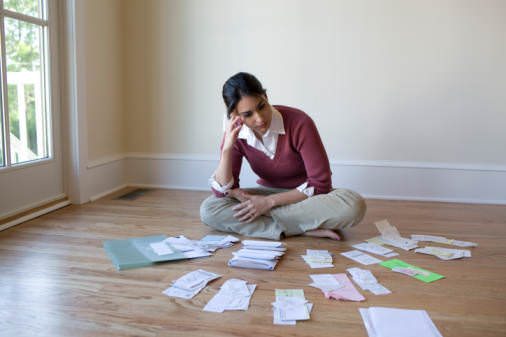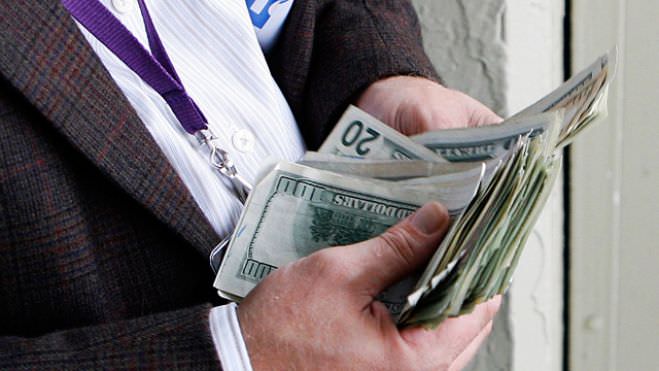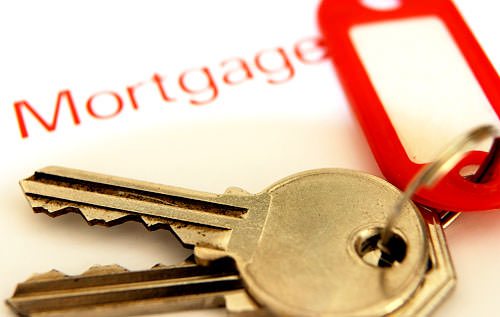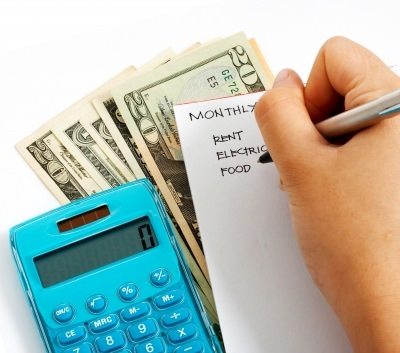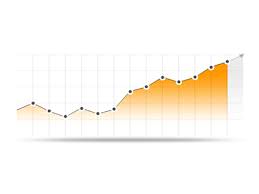Keeping your personal finances in order is very important to your financial health. Living paycheck to paycheck is the best way to end up homeless. In the U.S. there is no protection for workers. If you get sick or are in a horrible accident, or a family member is and needs you home to care for them, you could end up on the streets after being fired. Avoid this possible situation by manage your personal finances properly.
Manage Your Personal Finances with Money
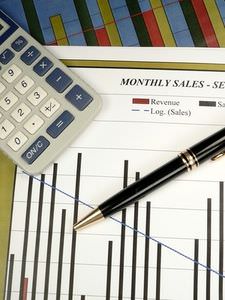 Make a budget that accurately depicts your income and expenditures. For example, if you usually earn $1500 a month but sometimes earn $2000, you should only count the smaller amount in your budget. Any extra should go directly into savings. Also, if you budget $25 a month for clothing but you know that you usually spend three times that, you are only sabotaging yourself. Plug in the real numbers, not the numbers you wish were real. If you see that you are over-spending, it’s time to make some changes.
Make a budget that accurately depicts your income and expenditures. For example, if you usually earn $1500 a month but sometimes earn $2000, you should only count the smaller amount in your budget. Any extra should go directly into savings. Also, if you budget $25 a month for clothing but you know that you usually spend three times that, you are only sabotaging yourself. Plug in the real numbers, not the numbers you wish were real. If you see that you are over-spending, it’s time to make some changes.
Decide what you can do without. Make a list outlining your needs and wants. Understand that anything other than the roof over your head, utilities to heat your home, and food are wants. There are families who live on less than $12,000. a year, and who still manage to provide their children with the basic necessities and a few extras. If you are earning more than this amount and think that you don’t have enough money, think again. Here you manage your personal finances.
Avoid using credit cards. Actually, never use credit cards. Using credit means you can’t afford whatever it is you are buying. The only thing you should ever buy on credit is a house or property, and even those should be paid off as quickly as possible. Using credit allows you to fool yourself into thinking you can afford or deserve the lifestyle you are living. If you were to lose your source of income, it would be devastating. Also, you are wasting money. Interest payments add up quickly, and a $500 piece of jewelery can actually cost you twice that much depending on how long you take to pay it off and the rate of interest you are paying by manage your personal finances.
Having money in savings is not a luxury, it is a necessity. Everyone should have a savings account, and enough money to live on for six months. Even those with very low-income can have savings. If your income covers your basic expenses (housing, utilities, and food) then take what is left after those are paid. Put at least 1/4 of that in savings. An interest-bearing savings account is best. If this would be a hardship, you need to rethink some things. If your $2000 a month rent is too much to even think about saving, it’s time to downsize.
It is common to struggle with money management. However, the results of poor money management can be devastating. It is important for you to take what you have read and apply it to your life.
